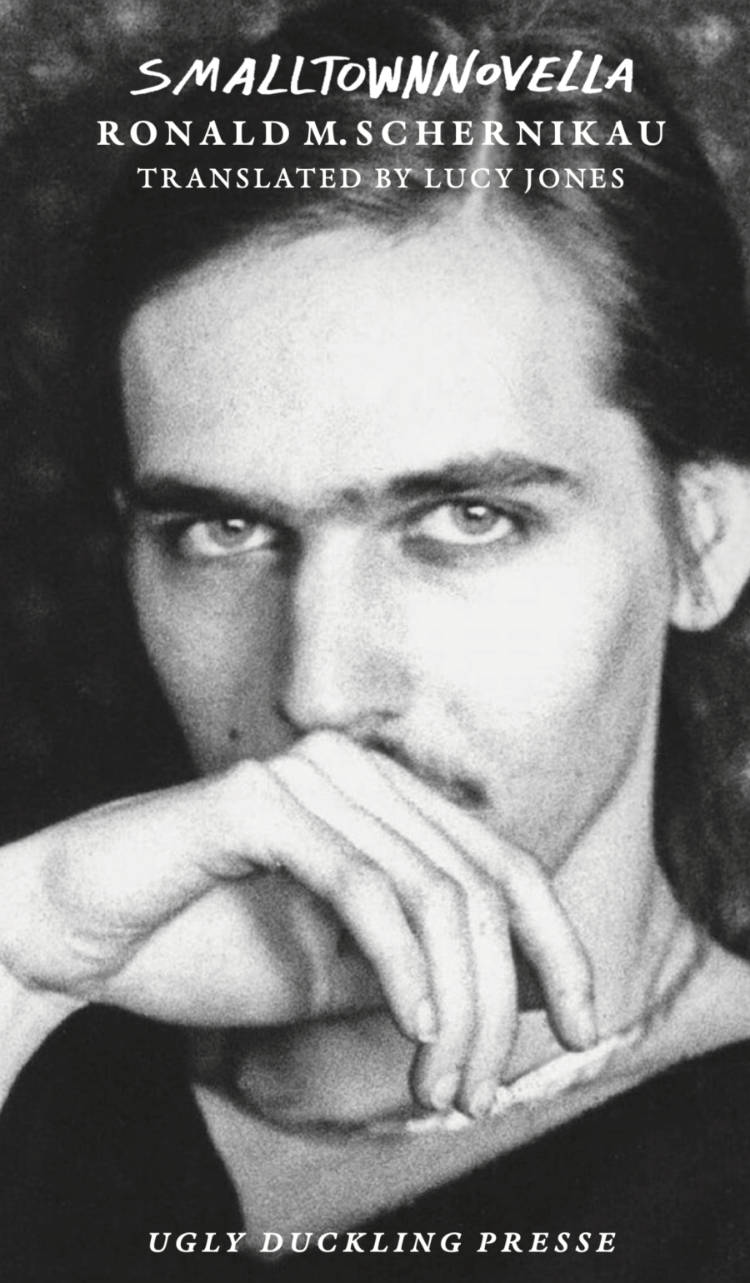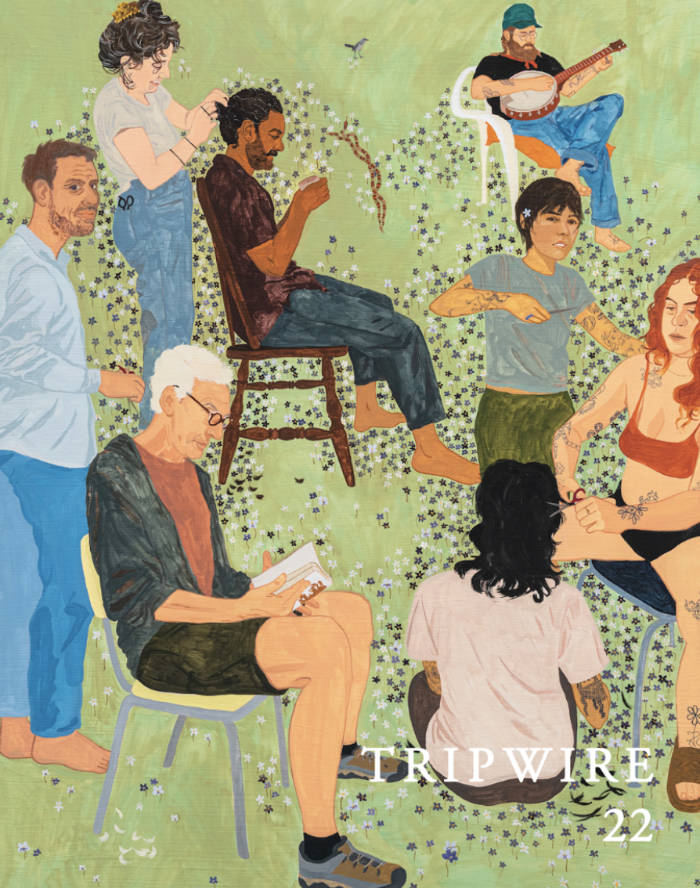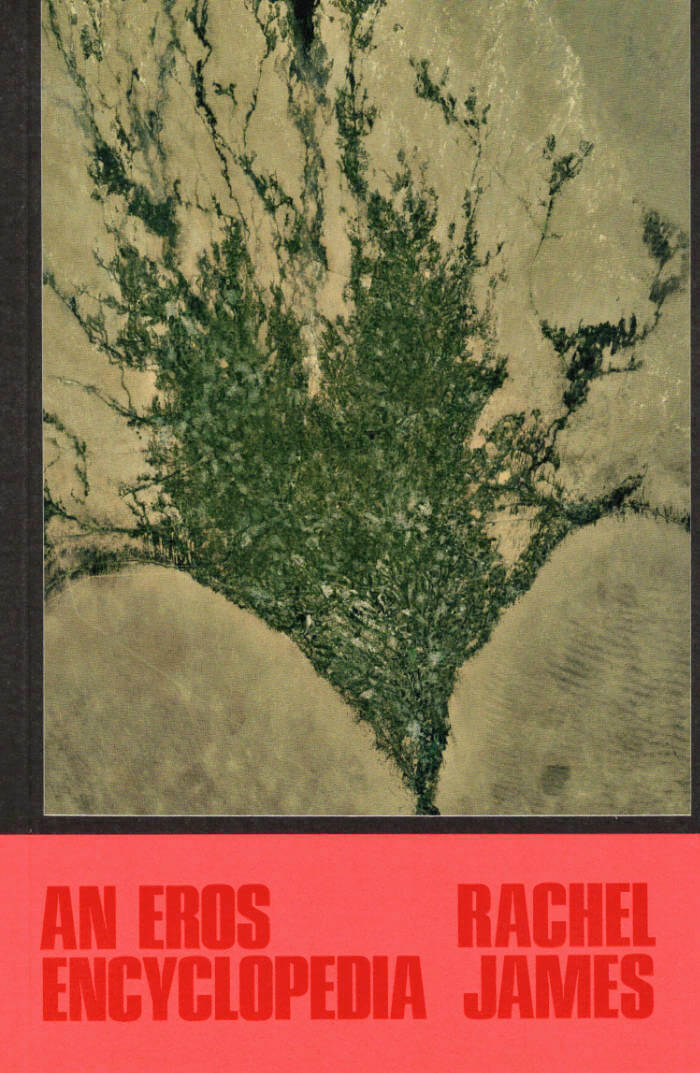
Glossolalia
Translated by Kristine Ong Muslim with an introduction by Amado Anthony G. Mendoza III.
Feverish from the engrossing revelatory arcs of the uncanny, Glossolalia is a mind-bending foray into the twisted underlying logic of material reality and a rip-roaring romp through Philippine urban legends, psychogeography, and the uncomfortable, often seedy aspects of music, cinema, and art. Marlon Hacla—who is a computer programmer as well as a poet and created the first robot poet in Filipino, Estela Vadal—is a significant innovator in the Philippine poetic tradition. As Amado Anthony G. Mendoza III notes in his introduction, Hacla “eschews the spare language, subtle imagery, and quietism featured in most contemporary Philippine poetry. Hacla’s poems, especially here in Glossolalia (and in its informal sequel Melismas), read like an unapologetic statement against the New Critical tradition that has been pushing its weight in the Philippine literary scene for more than half a century.” This collection of relentless, densely layered prose poems is the third of Hacla’s books to be translated into English by Kristine Ong Muslim.
Marlon Hacla is a poet and artist living in Quezon City, Philippines. His first poetry collection, May Mga Dumadaang Anghel sa Parang (Manila: National Commission for Culture and the Arts, 2010), was published as part of UBOD New Authors Series II. His second book, Glossolalia, was published by High Chair in 2013. Kristine Ong Muslim’s English translations of his books are Melismas (Oomph Press, 2020), There Are Angels Walking the Fields (Broken Sleep Books, 2021), and Glossolalia (Ugly Duckling Presse, 2023).







